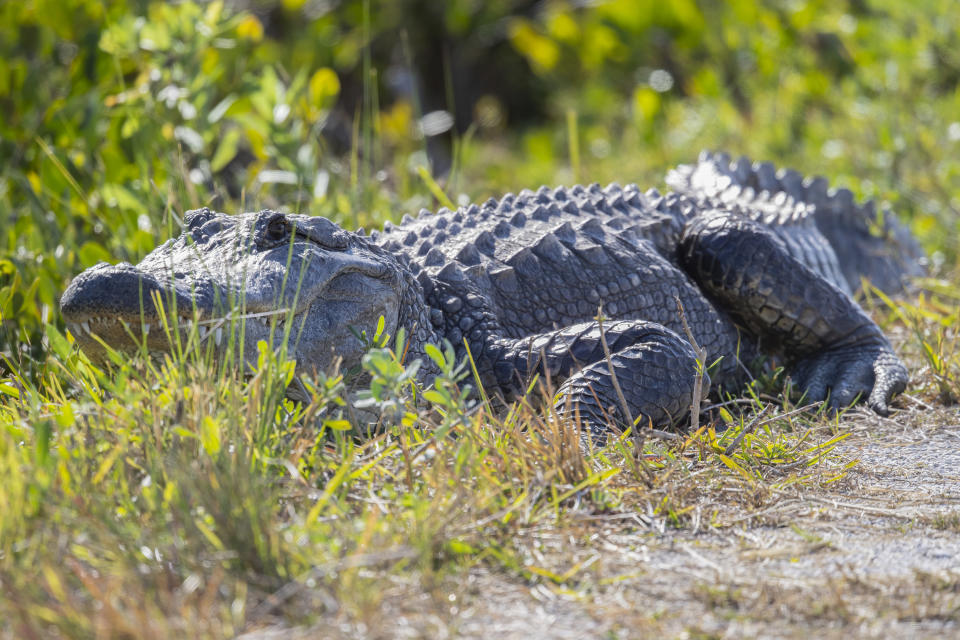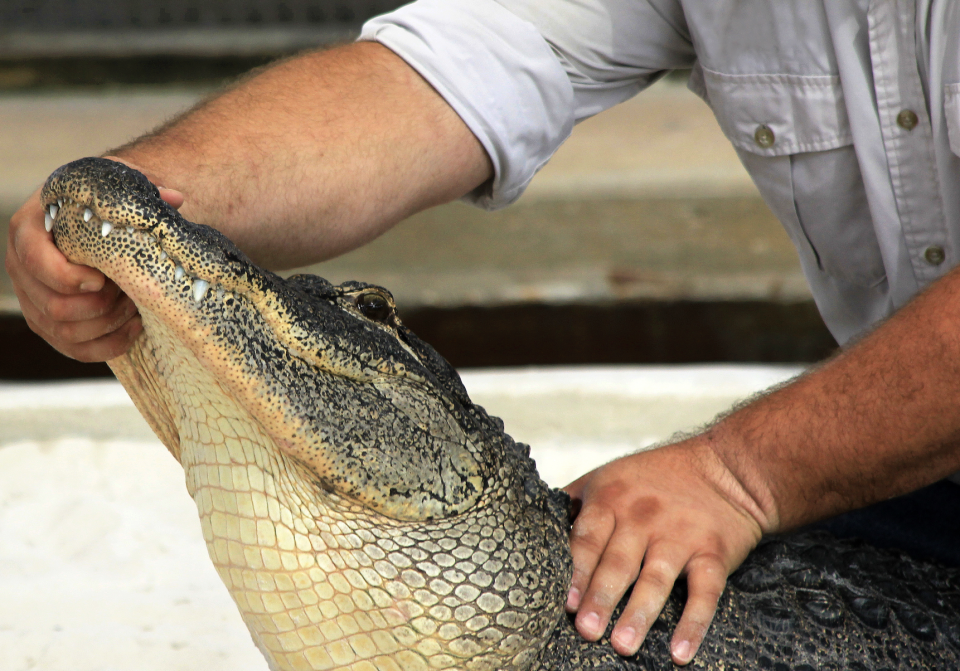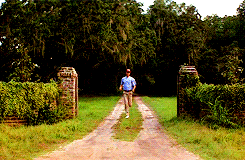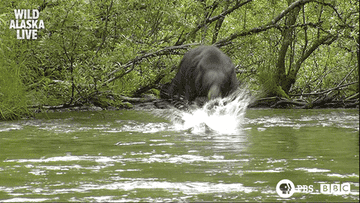"If An Alligator Is Chasing You, Run In A Zigzag," Plus 2 Other Terrible Survival Tips You Should Never Do
For some reason, I've always had the most random nature survival tips tucked away in the back of my brain, just in case.

Animal Planet / Via giphy.com
While scrolling through TikTok, I found out that the survival tips I always believed could one day save me are completely FALSE!

HBO / Via giphy.com
TikToker @mndiaye_97 recently shared a video debunking bad survival tips, and I decided to do some fact-checking of my own, so lets get into it:
1.MYTH: "If you get stung by a jellyfish, you (or a friend) should pee on the sting to help ease the pain."

NBC / Via giphy.com
So this is completely false!
Per the Cleveland Clinic, "The tentacles on jellyfish have stinging cells called nematocysts that contain venom. ... Peeing on a jellyfish sting can actually cause stinging cells to release even more venom."

More venom = more pain!
So, what should you do if you're stung by a jellyfish?

Step 1: "Use seawater to wash off the tentacles right away, but avoid any vigorous rubbing."
Step 2: "If you see any barbs left in your skin, use tweezers to carefully pluck them out."
Step 3: "Once you remove the tentacles, apply vinegar or rubbing alcohol to where you were stung. This can help relieve the pain and release the toxins," according to the Cleveland Clinic.
2.Myth: "If an alligator is chasing you, you should run in a zigzag pattern to slow it down."

cheezburger.com / Via giphy.com
If you do this, you'll probably end up being an alligator's dinner.
According to How Stuff Works, the average alligator can run up to 11 mph on dry land. That's scary fast! (FYI, the average human runs 6 mph). The alligator already has the upper hand with its speed, so don't help it out by slowing yourself down!

So, what should you do if you happen to be chased by an alligator?

Retired alligator trapper Bill Robb says, "If you run back and forth, that will shorten the distance between you and the alligator ... Raise your hands, look as big as possible, back up, and once you’ve made yourself look large, if the alligator doesn’t retreat, get out as fast as you can in a straight line," Florida Today reports.
So basically, "Run, Forrest, run!"

Forrest Gump / Via giphy.com
3.Myth: "If you encounter a black bear in the forest, you should try to fight it off."

BBC / Via giphy.com
Human vs. black bear is not a battle you will win.
TikToker @mndiaye_97 explains that people misinterpret the phrase "if it's black, fight back." Black bears can weigh up to 660 pounds, run on average 30 mph, and are 5–7 feet tall when standing on their back legs.

You're definitely not winning that fight.
So, what should you do if you encounter a black bear?

Here are the three steps, reported by the Humane Society:
1. "Stand and face the bear directly. Never run away from or approach him."
2. "Make yourself look as big as possible by spreading your arms or, better yet, a coat."
3. "Make as much noise as possible by yelling, banging pots and pans, or using other noisemaking devices."

